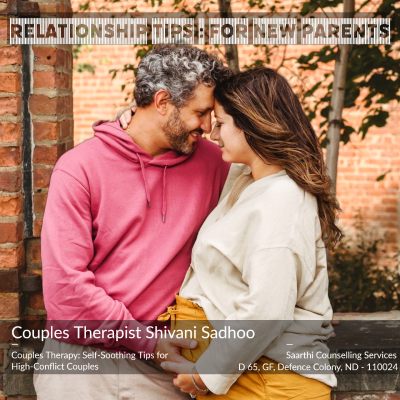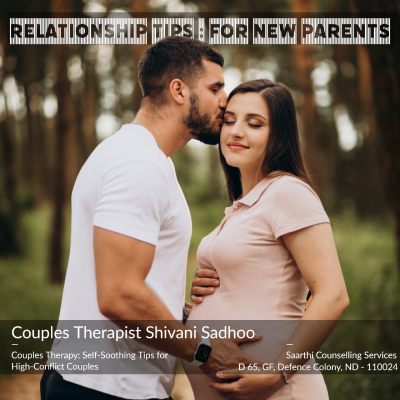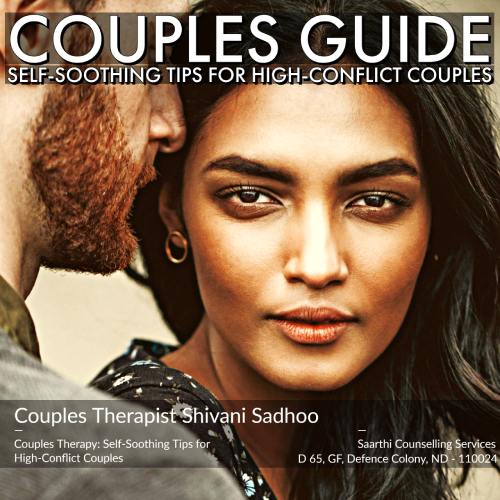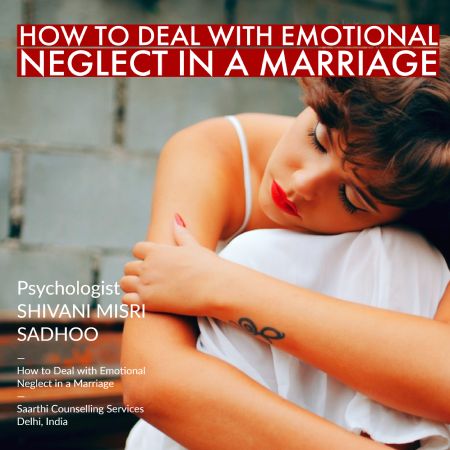We are living in a time where it is increasingly difficult to differentiate between what is real and what is not.
This uncertainty can extend to our most intimate relationships, leaving us questioning whether our partner truly loves us or is subtly manipulating us.
The thrill of new love can be intoxicating, often blurring our judgment. In a healthy relationship, the initial excitement and infatuation will eventually give way to a deeper, more stable connection.
Manipulation is the deliberate psychological influence over others for personal benefit, encompassing both subtle and overt tactics.
It involves unfair strategies aimed at gaining control or advantage, making it difficult to detect due to its varied and often cunning approaches.
How does one recognize the signs of manipulation in a relationship?
Leading couples therapist in Delhi, Shivani Misri Sadhoo shares some of the ways to recognize it:
Looking for constant reassurance
Seeking constant reassurance in a relationship can be a sign of manipulation. While it’s natural to desire affirmation and security from your partner, excessive neediness can lead to controlling behaviors.
Manipulative individuals may justify their actions by convincing themselves that they are rescuing or proving their care.
They might say things like, “Don’t you see how much I care about you?” or “You’re so lucky to have me.”
This behavior can isolate you from others and undermine your independence, indicating deeper issues within the relationship that warrant attention.
Guilt-tripping
When one person in a relationship resorts to guilt-tripping, it often signifies a form of manipulation aimed at securing compliance from the other.
This strategy involves strategically inducing feelings of guilt in order to coerce their partner into actions or decisions they might otherwise resist.
A clear indicator of this manipulation is when you find yourself feeling guilty or ashamed for setting boundaries or asserting yourself within the relationship.
The guilt tripper typically expresses dissatisfaction or disappointment when their desires are challenged, leading the other person to give in to alleviate guilt and restore harmony.
This cycle perpetuates a dynamic where one partner’s emotional manipulation undermines the other’s autonomy, fostering a skewed power balance detrimental to genuine mutual respect and understanding.
Gaslighting
Did you ever feel like your reality is constantly under attack? Gaslighting in relationships manifests through denial of facts, accusations of imagination, emotional invalidation, and even hiding objects to make you doubt yourself.
It erodes your confidence and makes you question your own sanity.
Recognizing these tactics helps identify manipulation, ensuring you safeguard your mental well-being and seek support if needed.
Love bombing
Perhaps one of the most deceptive tactics in relationships is love bombing. Initially, it masquerades as an overwhelming display of affection and attention, leaving one feeling cherished and valued.
However, beneath its surface lies manipulation, aiming to control and dominate.
What starts as a euphoric romance can swiftly transform into emotional abuse once the manipulator’s objectives are met, urging caution in the early stages of any relationship.
When you question your own identity
Another sign of manipulation in a relationship is when one partner feels afraid of triggering the other’s anger or displeasure, constantly monitoring and compromising themselves to avoid conflict.
This behavior often leads to a loss of individual identity, as the manipulated partner gives up their opinions, and interests, and even alters their lifestyle to please the dominant partner.
The manipulator may isolate their partner from friends, family, and personal activities, exerting control over their choices and expression of self.
When you are being constantly monitored
This is yet another insidious sign of manipulation in a relationship, where frequent texts, calls, or emails evolve into controlling behavior.
What may start as innocent communication can escalate into jealousy, accusations of infidelity, and attempts to isolate you from loved ones.
This invasive monitoring of your interactions and movements reflects a desire for dominance, eroding your autonomy and fostering a climate of fear and dependency.
While relationships can be sources of joy and support, vigilance is important to detect manipulation. Recognizing signs like constant reassurance-seeking, guilt-tripping, gaslighting, lovebombing, identity questioning, and excessive monitoring can protect one’s emotional well-being and autonomy.






















